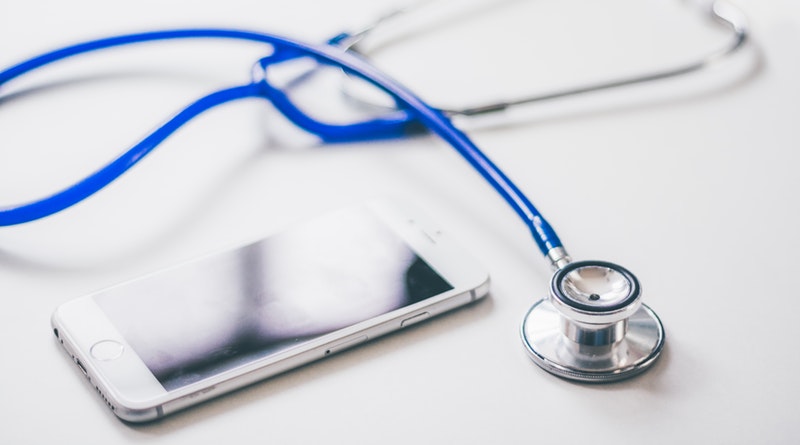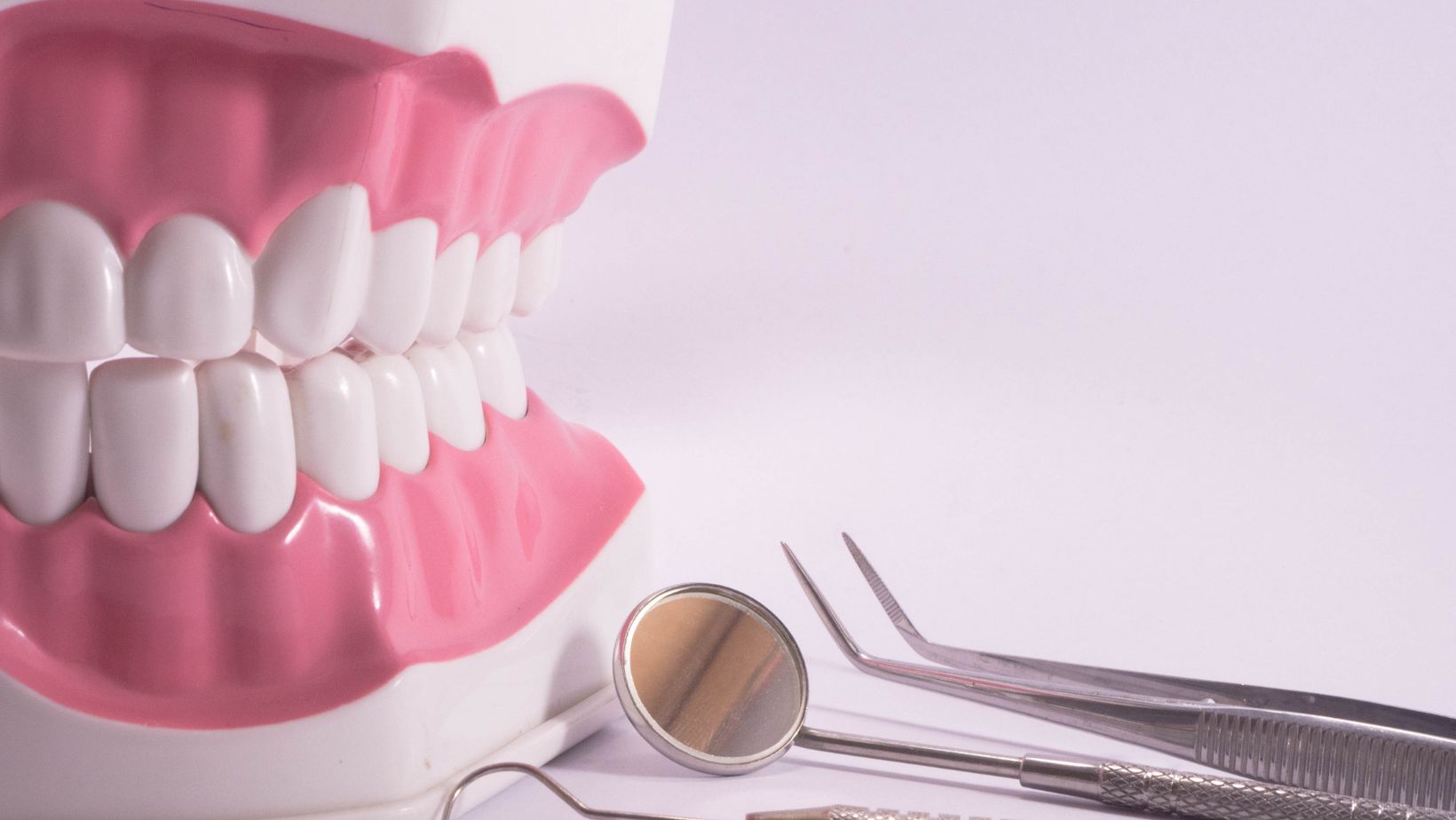Knowing When to Seek Medical Help

We’re all well aware that we need to seek medical advice when we notice adverse changes to our health and wellbeing. But nowadays, many of us can often feel confused as to when we should seek professional medical help and when we should take care of ourselves and simply wait for symptoms to pass. The rise of health information on the internet can be beneficial in that it can help to put our mind at ease when we’re unsure of symptoms, but at the same time, it’s never a substitute for a formal diagnosis and can actually cause you to fear you’re suffering from something potentially much worse than you actually are. To help you to come to the right conclusion, here’s a little advice on when you should contact medics.
Treating Yourself at Home
There are a number of health complaints that you can treat from the comfort of your own home. Sure, you may need a little time off work to allow yourself to recover. But you may not need to head straight to the doctor. Here are some common examples.
- Back pain – if you experience back pain as a direct result of an injury you haven’t had seen to, or if your back pain is severe and incapacitating you, you need to seek a professional’s help immediately. However, if you are experiencing mild or chronic back pain you should care for it at home. You might want to consider taking ibuprofen or paracetamol as advised by the packet’s instructions during flare-ups of your condition. Cold compress packs or heat packs can also prove effective.
- Heartburn – heartburn can feel alarming when you first experience it. But it’s generally not a major condition. It is just acid reflux which creates the burning or “blocked” sensation in your chest area. There are plenty of over the counter medications you can take to relieve your symptoms. You may also want to consider implementing lifestyle changes, such as reducing your alcohol consumption.
- Constipation – constipation can be extremely uncomfortable, but often, it is merely a consequence of a poor diet. If you have visited a doctor and they have confirmed there’s no medical concern surrounding your constipation, you can simply alter your diet to contain more fruit, vegetables, wholemeal bread, whole-wheat pasta, oats, nuts, and seeds.
Seeing a General Practitioner
While you may be able to manage some conditions at home, it is important that you reach out for professional help and advice if your problems seem to be ongoing, worsen, or your condition starts to make your day to day life difficult or unpleasant. Book in an appointment with your GP who will be able to refer you on to relevant professionals, such as a chiropractor, a dermatologist or help at headpaininstitute.com.
Calling Emergency Services
Hopefully, you won’t ever find yourself having to call the emergency services. But there are times when this is absolutely necessary. Here are some you need to be wary of.
- Loss of Consciousness – of course, you can’t call an ambulance if you’ve passed out, but if you feel faint, it’s worth calling emergency services.
- Multiple fits – if you experience a prolonged fit, a fit that doesn’t stop, or one fit after another, call the emergency services.
- Chest pain – chest pain can be a symptom associated with heart attacks. If you have chest pain, call for help straight away.
- Breathing difficulties – people tend to wave off shortness of breath hoping it will improve, but don’t take the risk. Phone for help as soon as you experience difficulty breathing.
These are just a few examples of situations, symptoms, or problems you may face. Hopefully, the above advice will help you to deal with them if you ever experience them yourself!
What's Your Reaction?
Newly middle-aged wife of 1, Mom of 3, Grandma of 2. A professional blogger who has lived in 3 places since losing her home to a house fire in October 2018 with her husband. Becky appreciates being self-employed which has allowed her to work from 'anywhere'. Life is better when you can laugh. As you can tell by her Facebook page where she keeps the humor memes going daily. Becky looks forward to the upcoming new year. It will be fun to see what 2020 holds.



